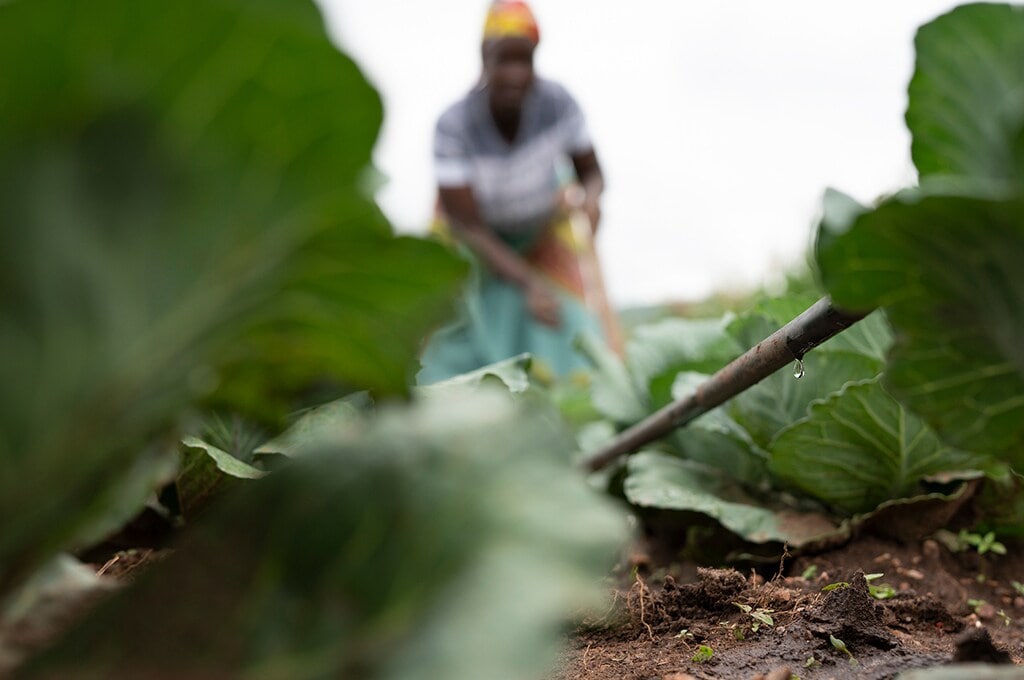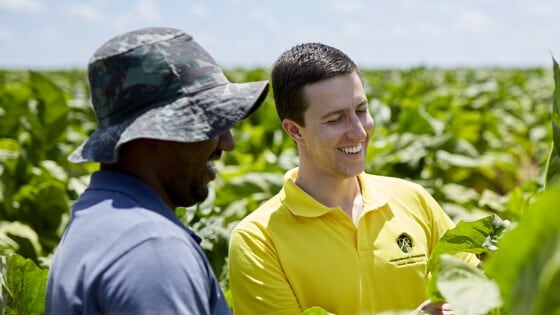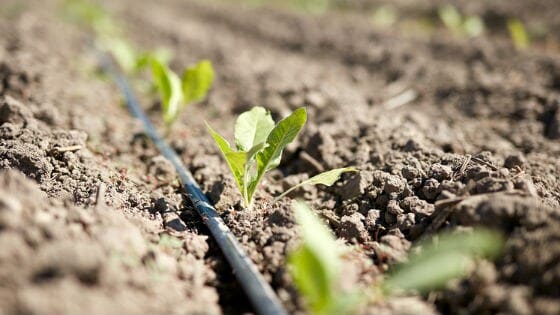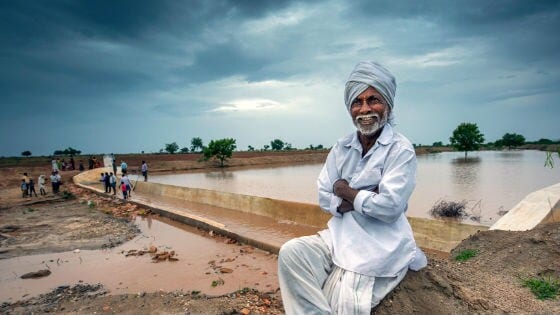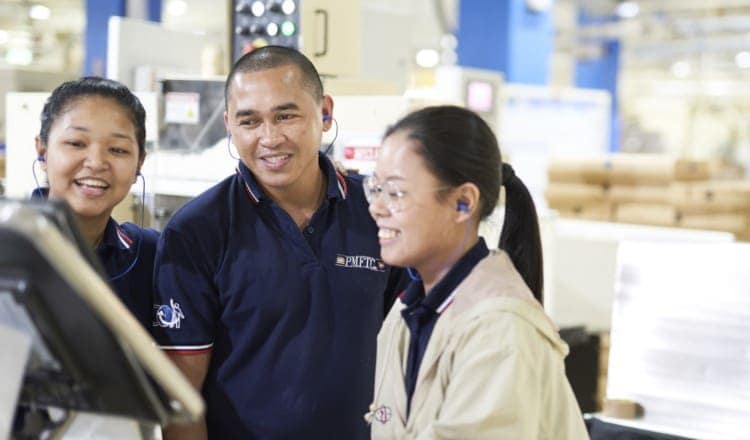Philip Morris International’s (PMI) ongoing efforts to eliminate child labor on all farms that supply us with tobacco has been recognized by the World Business Council for Sustainable Development (WBCSD).
The organization has included PMI as a “sector leader” case study in its new toolkit on advancing human rights policy and practice in the agribusiness sector.
The toolkit will provide an overview of the most salient human rights challenges in the agribusiness sector, as well as six steps for strengthening company performance on human rights—with corresponding case studies from agribusinesses.
Focusing on peer-learning and bespoke training, the toolkit will support WBCSD members and their suppliers on their human rights journeys. It will also serve to stimulate further conversation about human rights. This topic is rooted in the practical challenges faced by the private agribusiness sector, but aims to get all stakeholders moving together to find solutions.
PMI has been chosen as an example of how an agribusiness effectively tackles the issue of child labor—and other labor injustices—in its supply chain. In 2011, we introduced our Agricultural Labor Practices (ALP) program to eliminate child labor and achieve decent livelihoods for all contracted farmers in our tobacco supply chain.
Related reading
The ALP program has become the cornerstone of our robust monitoring system, which is performed across 22 countries by over 2,800 field technicians. They visit the farms regularly to ensure the implementation of the ALP code, and identify and address issues requiring immediate remediation.
WBCSD also highlighted the holistic approach PMI is taking as being particularly effective. We are not only tackling child labor instances, but also their root cause: poverty. The company has undertaken several initiatives to increase the income of farmers, and we are committed to ensuring that all contracted farmers make a living income by 2025.
“Child labor is a systemic issue that cannot be addressed overnight, nor by one single company,” says Anna Kletsidou, PMI’s Head of PMI Social Sustainability & Human Rights. “This is why we are building partnerships and collaborating with governments, the industry, and local communities to sustainably eliminate poor labor practices from our supply chain. Our key focus area is eliminating child labor from our tobacco supply chain by 2025, and we are on track to achieving that goal.”

